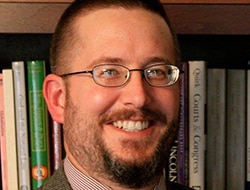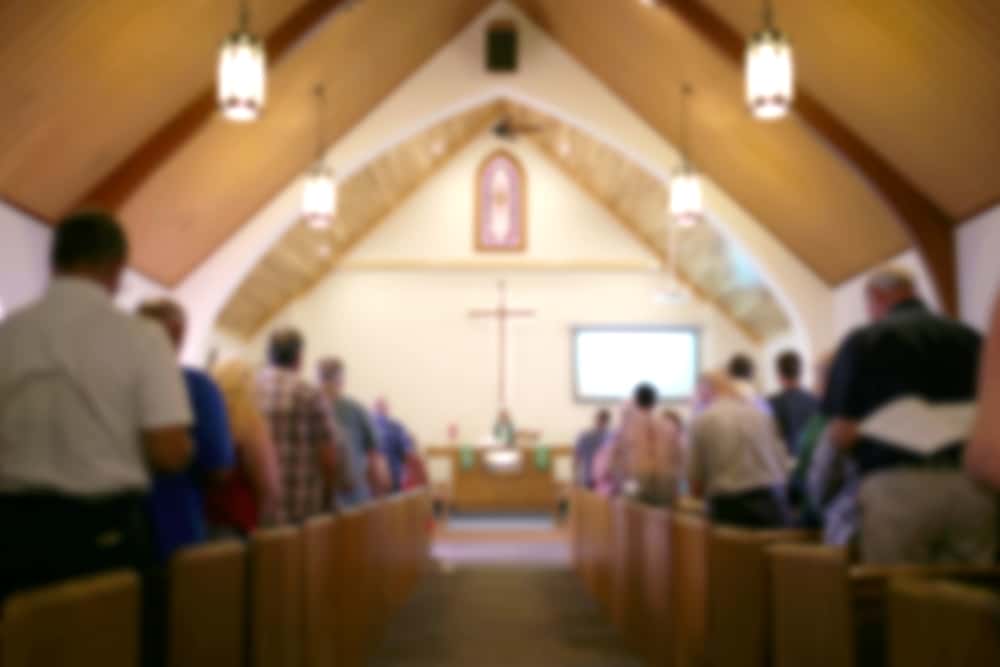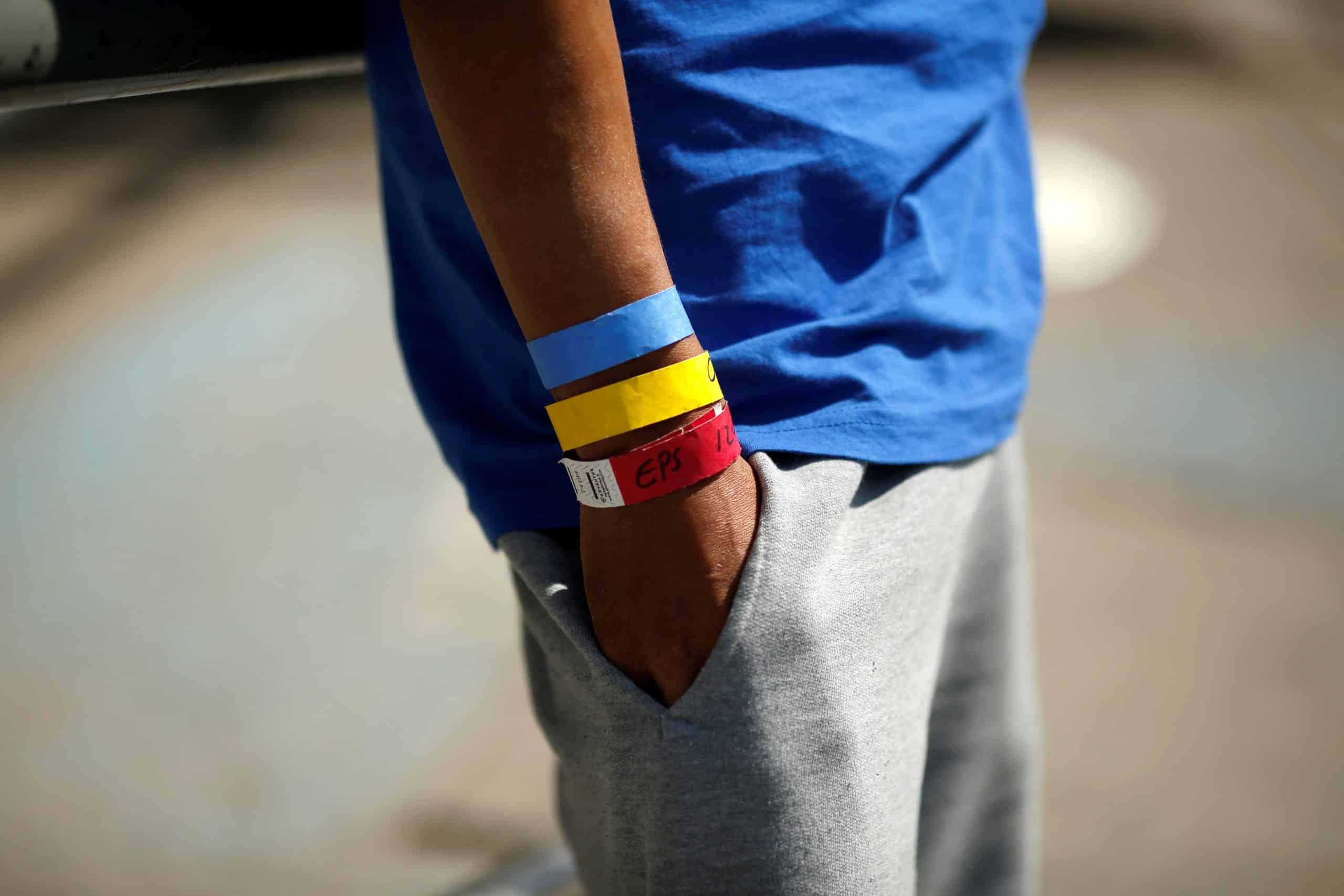
We’re praying the Divine Mercy Chaplet every night after dinner. We would do it at 3 p.m. (and have a couple of days), but here in the new normal, I often have a Microsoft Teams meeting scheduled at that time. So the backup plan is after dinner, and the backup plan has turned out to be the practical one.
This is the first year we’ve prayed the Divine Mercy Chaplet together between Good Friday and Divine Mercy Sunday. I have tried in various years to pray it on my own, but there was always a reason that I’d miss a day, and then another. … But even if I had remembered, or set the time aside, I would have prayed it by myself. Until this year, until right now, it’s not something that I would have gathered us together as a family to do.
As a father, I haven’t been the best Catholic. My wife, Amy, a convert from Missouri Synod Lutheranism, is a better Catholic mother than I am a father. There are lots of reasons for this, but no excuses. It’s especially ironic considering all of the people who, over the course of the 10 years that I served as the Catholicism expert for About.com, thanked me for helping them integrate their faith more fully into their family life.
This isn’t false humility, nor a confession of abject failure. We go to Mass every Sunday and every holy day — or at least we used to when that was a thing Catholics could do. We have always prayed every night before and after dinner, and just as importantly, we’ve always sat down to dinner together as a family. We have family Lenten and Advent practices, including additional days of abstinence and readings every day from the Office of Readings during those seasons. All of our children know more about the Faith than I did at their ages.
My point, rather, is just this: There’s always more that we can and should do. Especially fathers. Mothers often become, by default, the exemplar of faith in a family, as fathers struggle, as I have, with the baring of the soul that’s required to model Catholic fatherhood. We look to St. Joseph as the strong, silent type, and justify our own silence in our families (even those of us who have devoted ourselves to evangelization as our vocation).
But the fact that the Gospels don’t record Joseph’s words to Jesus doesn’t mean that he didn’t say them. Before Jesus taught his disciples how to pray, Joseph taught Jesus. He not only protected his wife and his foster child, he raised the Son of God up in the faith that he had received from his father.
Our faith is built on mercy and second chances. Every evening, as we pray the Divine Mercy Chaplet, I’m grateful for those second chances, for the knowledge that it’s never too late to start doing what I should have been doing all along.
And I’m grateful, too, for this brief timeout, this moment of grace that has flowed from this horrible pandemic, this chance to revisit the choices we’ve made and to atone for the sins of omission. Christ had mercy on us 2,000 years ago, there on the cross, and that mercy is not bound by space and time. We need only to seek it out, to embrace it — and to act as if his mercy has given us a second chance, because it has.
Scott P. Richert is publisher for OSV.





